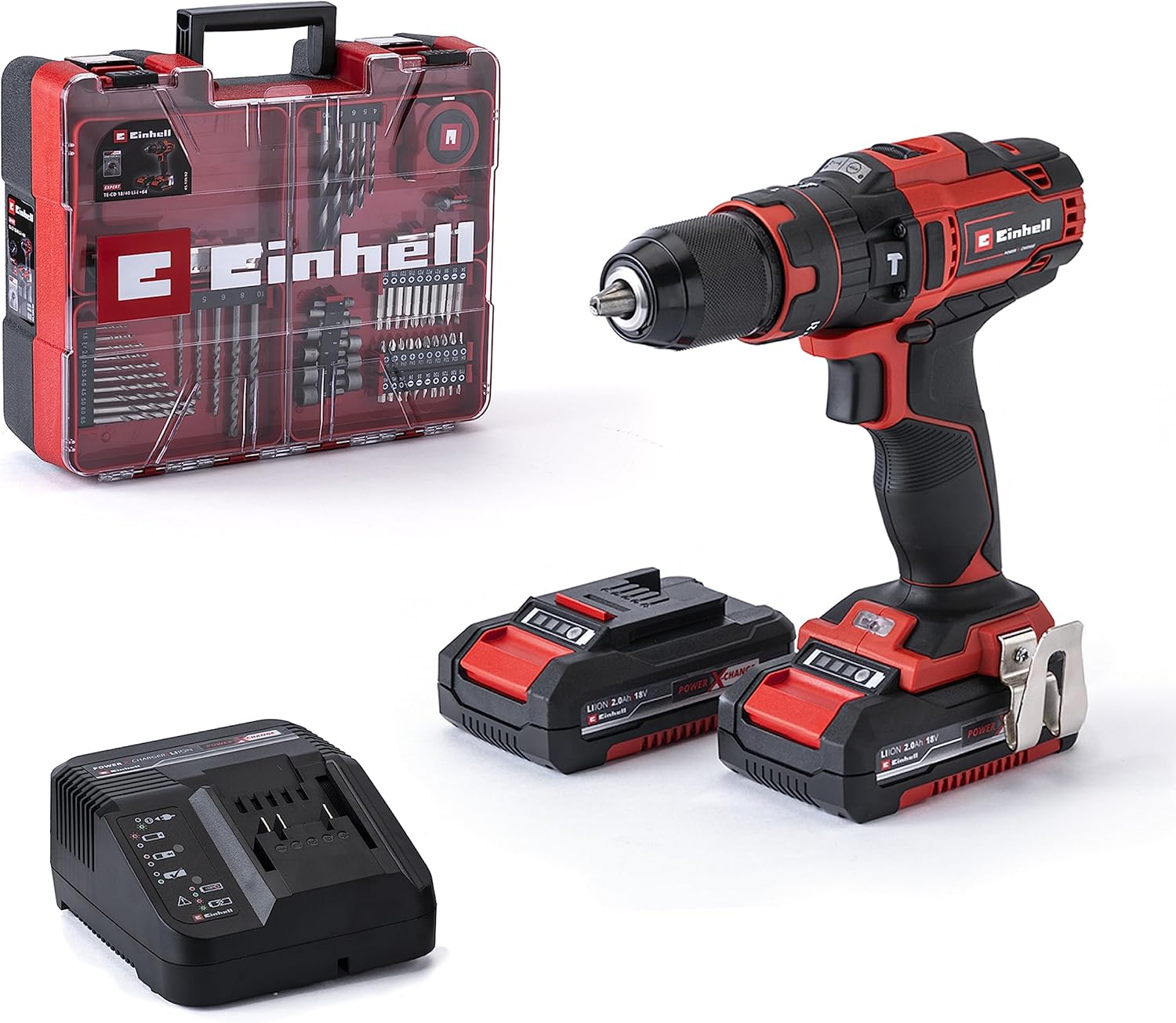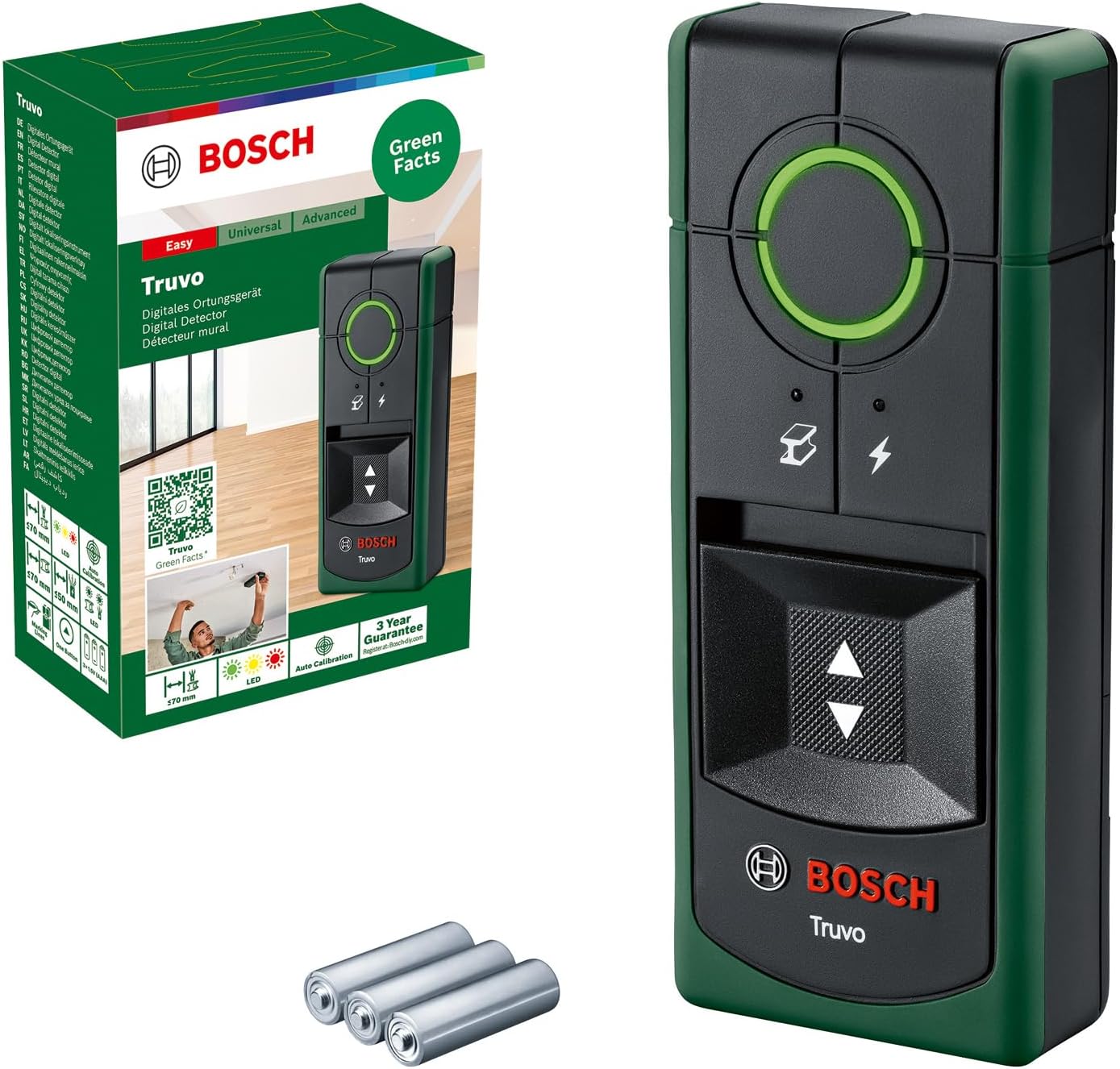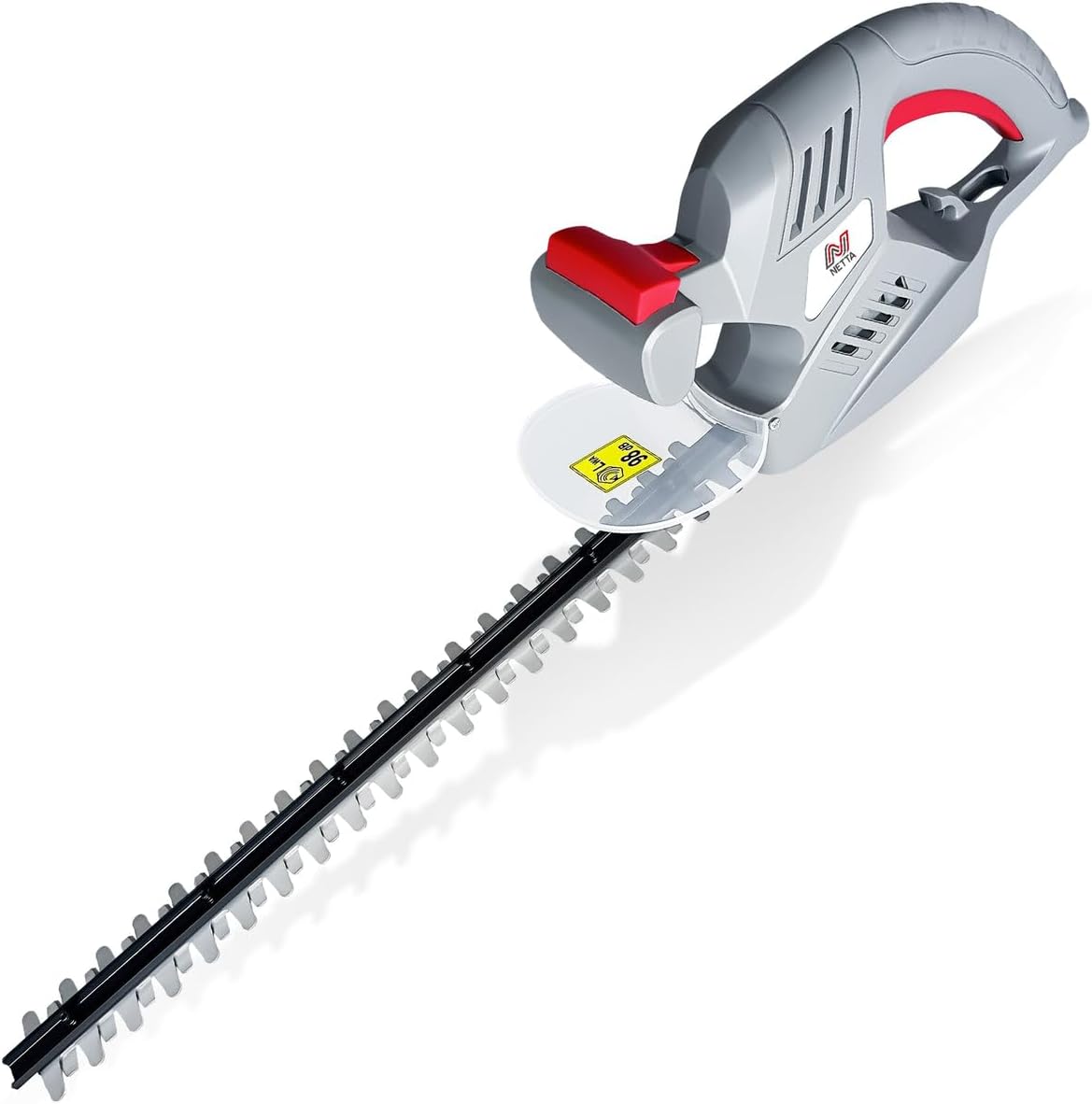
Whether you’re a new homeowner or a tech enthusiast, finding the right batteries for your smart locks can be a daunting task. With so many options available on the market, it’s important to choose batteries that not only provide long-lasting power but also ensure the security and functionality of your smart lock system. In this comprehensive guide, we will walk you through the essential factors to consider when selecting the best batteries for your smart locks, ensuring seamless access to your home and peace of mind. So, let’s get started on finding the perfect power source for your smart lock needs.
Understanding Smart Lock Batteries
Smart lock batteries are an essential component of any smart lock system, providing the necessary power to ensure that your lock functions properly. In order to choose the best batteries for your smart lock, it’s important to understand the different types of batteries available, their life expectancy, and various considerations to keep in mind.
Different Types of Batteries | Best Batteries for Smart Locks
For smart locks, there are a few different types of batteries that are commonly used. The most popular options include alkaline batteries, lithium batteries, and rechargeable batteries. Each type has its own unique characteristics and advantages, so it’s worth considering which one will suit your needs best.
Alkaline batteries are widely available and affordable, making them a popular choice for many smart lock owners. They typically have a decent battery life and can provide sufficient power for your lock. Lithium batteries, on the other hand, are known for their longer lifespan and higher energy density. While they may be slightly more expensive, they can last significantly longer, which can save you money in the long run. Rechargeable batteries, as the name suggests, can be recharged multiple times and are a more eco-friendly option. However, they may not have the same level of power output as alkaline or lithium batteries.
Battery Life Expectancy
Battery life expectancy is an important factor to consider when choosing batteries for your smart lock. You’ll want batteries that can provide sufficient power to keep your lock functioning for an extended period of time without needing frequent replacements. The specific battery life will depend on the type of battery you choose, as well as how often you use your lock and the features you have enabled. It’s recommended to choose batteries with a longer life expectancy to minimize the need for frequent replacements.
Considerations for Smart Lock Batteries
When selecting batteries for your smart lock, there are several key considerations to keep in mind. These factors will help ensure that the batteries are compatible with your lock, easy to replace, and offer good value for your money.
Battery Life
As mentioned earlier, battery life is a crucial consideration. Look for batteries that have a long life expectancy and are capable of powering your lock for an extended period of time. This will minimize the need for frequent replacements and ensure that your lock remains operational at all times.
Battery Type
Consider the pros and cons of different battery types and choose the one that best suits your needs. Alkaline batteries are affordable and readily available, while lithium batteries offer a longer lifespan. Rechargeable batteries are a more eco-friendly option, but may have lower power output.
Compatibility
Ensure that the batteries you choose are compatible with your specific smart lock model. Refer to the manufacturer’s recommendations to determine which batteries are recommended for your lock. Using incompatible batteries may result in malfunction or damage to your lock.
Ease of Replacement
Opt for batteries that are easy to replace. Look for locks with accessible battery compartments and consider the ease of changing the batteries. Some locks may require additional tools for battery replacement, so factor this into your decision-making process.
Price
Consider your budget when choosing smart lock batteries. Compare prices from different brands and retailers to find the best value for your money. Keep in mind that while cheaper batteries may save you money upfront, they may not offer the same quality and longevity as higher-priced options.
Popular Battery Types for Smart Locks
When it comes to smart lock batteries, there are a few types that are widely used and trusted by smart lock owners. Understanding the characteristics and advantages of each type can help you make an informed decision when selecting batteries for your smart lock.
Alkaline Batteries
Alkaline batteries are a popular choice for smart locks due to their wide availability and affordability. They are readily accessible at most stores and come in various sizes to fit different lock models. Alkaline batteries typically provide a decent battery life, making them a reliable option for powering your smart lock.
Lithium Batteries
Lithium batteries are known for their longer lifespan and high energy density. While they may be more expensive compared to alkaline batteries, they can last significantly longer. Lithium batteries are also less prone to leakage, making them a reliable choice for long-term use. They are particularly beneficial for smart locks that are used frequently or for extended periods of time.
Rechargeable Batteries
For those looking for a more eco-friendly option, rechargeable batteries are worth considering. These batteries can be recharged multiple times, reducing the need for frequent replacements and minimizing waste. Rechargeable batteries may have a slightly lower power output compared to alkaline or lithium batteries, but they can still provide sufficient power to operate your smart lock effectively.
Battery Life: A Crucial Factor
Battery life is a crucial factor to consider when choosing batteries for your smart lock. Understanding battery life and the factors that can affect it will help you make an informed decision to ensure that your lock remains operational for an extended period of time.
Understanding Battery Life
Battery life refers to the amount of time the battery can power your smart lock before needing to be replaced. It is typically measured in terms of hours or months, depending on the lock’s power consumption and usage patterns. Different batteries have different life expectancies, so it’s important to choose one that aligns with your needs.
Factors Affecting Battery Life
Several factors can affect the battery life of your smart lock. The frequency and duration of lock usage, as well as the features and modes enabled, can impact how quickly the batteries drain. Smart locks that are used more frequently or have energy-intensive features enabled will likely require more frequent battery replacements. Additionally, extreme temperature conditions, such as extreme heat or cold, can also affect battery performance and lifespan.
Battery Life Indicators
Many smart locks have battery life indicators that provide a visual indication of the battery’s charge level. These indicators can vary between different lock models but commonly include LED lights or smartphone app notifications. Pay attention to these indicators to know when it’s time to replace the batteries to avoid any lock malfunctions or unexpected power failures.
Compatibility: Ensuring the Right Fit
Ensuring compatibility is essential when selecting batteries for your smart lock. Incompatible batteries can lead to lock malfunctions or even damage to the lock itself. Consider the following factors to ensure the right fit for your smart lock.
Smart Lock Manufacturer Recommendations
It’s always best to refer to the smart lock manufacturer’s recommendations when choosing batteries. They will specify the compatible battery types and sizes that are suitable for your lock model. Following these recommendations will help ensure optimal performance and minimize any compatibility issues.
Battery Size and Voltage
Pay attention to the battery size and voltage requirements specified by the smart lock manufacturer. Using batteries that are too small or too large may not fit properly in the battery compartment, leading to unreliable power supply or damage to the lock. Similarly, using batteries with the incorrect voltage can also cause malfunction or damage.
Battery Compartment Space
Consider the size and accessibility of the battery compartment in your smart lock. Ensure that the chosen batteries can fit comfortably within the compartment, allowing for easy installation and replacement. Some smart locks may have compact designs or limited battery space, so it’s important to choose batteries that accommodate these specifications.
Ease of Replacement: Convenience Matters
The ease of battery replacement is an important consideration to ensure a hassle-free experience when maintaining your smart lock. Consider the following factors when evaluating the ease of replacement for different battery options.
Accessibility of Battery Compartment
Check the accessibility of the battery compartment in your smart lock. Look for locks with easily accessible compartments, preferably without the need for additional tools. This will make replacing the batteries quick and convenient, especially if you need to do it in a hurry.
Ease of Battery Change
Consider the ease of changing the batteries in your smart lock. Some locks may have a straightforward battery replacement process, while others may require complex or time-consuming steps. It’s best to choose batteries that can be easily swapped out without any complications, regardless of your level of technical expertise.
Tools Required for Battery Replacement
Some smart locks may require specific tools, such as a screwdriver or a key, to access the battery compartment. Take this into account when choosing batteries, especially if you prefer a more straightforward and tool-free replacement process. Opting for batteries that do not require additional tools can save you time and effort when it comes to battery replacement.
Price: Balancing Quality and Budget
Price is an important consideration for many smart lock owners. While it’s tempting to choose the cheapest option available, it’s important to balance quality and budget when selecting batteries for your smart lock.
Comparing Battery Prices
Compare prices from different brands and retailers to find the best deals on smart lock batteries. Take note of any ongoing promotions or discounts that may be available. While it’s not necessary to choose the most expensive batteries, it’s important to consider the quality and reputation of the brand you’re purchasing from.
Considering Long-term Costs
While cheaper batteries may seem more budget-friendly upfront, they may not offer the same quality or longevity as higher-priced options. Consider the long-term costs associated with frequent battery replacements if you opt for cheaper batteries. Investing in higher-quality batteries may save you money in the long run by reducing the need for frequent replacements.
Value vs. Budget Batteries
Consider the value and quality of smart lock batteries when making your purchase decision. Value batteries may offer a balance between quality and affordability, providing sufficient power and lifespan without breaking the bank. Keep in mind that while budget batteries may be cheaper, they may not offer the same level of performance and reliability as higher-priced options.
Smart Lock Features and Battery Considerations
Smart lock features can have an impact on battery life and usage. Understanding how different features affect battery drain can help you make informed decisions when choosing batteries for your smart lock.
Smart Lock Connectivity
Smart lock connectivity plays a significant role in battery drain. Bluetooth-enabled locks tend to consume less power compared to Wi-Fi or Z-Wave-enabled locks, as they require less energy to maintain a connection. If battery life is a top priority, consider opting for a smart lock with a Bluetooth connection to extend battery life.
Battery Drain in Different Lock Modes
Different lock modes can affect battery drain differently. In general, the more security features and options enabled, the faster the batteries may drain. For example, locks with advanced security features like auto-lock and tamper alerts may consume more power compared to locks with basic functionality. Consider the lock modes and features you require and choose batteries that can support your desired level of functionality without compromising battery life.
Impact of Smart Features on Battery Life
Certain smart lock features, such as voice control or remote access via a smartphone app, may require additional power to function. While these features can enhance the convenience and accessibility of your smart lock, they may also impact battery life. Consider the frequency and duration of usage for these features and ensure that the chosen batteries can support the extra power required for these functionalities.
Tips for Maximizing Smart Lock Battery Life
Maximizing smart lock battery life is crucial to ensure that your lock remains operational for as long as possible. Implement the following tips to optimize battery usage and extend the lifespan of your smart lock batteries.
Disable Unnecessary Features
To conserve battery power, disable any unnecessary or rarely used features on your smart lock. This could include disabling voice control, limiting remote access, or disabling auto-lock functionality. By only enabling the features you frequently use, you can minimize battery drain and extend the life of your batteries.
Regularly Update Firmware
Keep your smart lock’s firmware up to date to ensure efficient battery usage. Manufacturers often release firmware updates that optimize battery usage and fix any software-related bugs that may drain battery life. Regularly check for and install these updates to maximize the performance and battery life of your smart lock.
Properly Install and Maintain Your Smart Lock
Ensure that your smart lock is properly installed and maintained to avoid any unnecessary strain on the batteries. Misalignment or improper installation can cause the lock to work harder, leading to increased power consumption. Regularly clean and inspect your smart lock to avoid any debris or dirt buildup that may affect battery performance.
Replacing Smart Lock Batteries
Eventually, your smart lock batteries will need to be replaced. Knowing the proper steps for replacement and avoiding common mistakes can ensure a smooth and successful battery replacement process.
Battery Replacement Steps
To replace the batteries in your smart lock, follow these general steps:
- Refer to the manufacturer’s instructions for your specific lock model.
- Locate the battery compartment and access it using any required tools.
- Remove the old batteries, taking note of their orientation and placement.
- Insert the new batteries, ensuring that they are installed in the correct orientation.
- Close the battery compartment securely.
- Test the lock to ensure it is functioning properly.
Common Mistakes to Avoid
When replacing smart lock batteries, it’s important to avoid common mistakes that can lead to lock malfunctions or damage. These mistakes include:
- Inserting the batteries in the wrong orientation
- Using batteries that are not compatible with your lock model
- Mishandling the battery compartment or using excessive force
- Failing to secure the battery compartment properly
Ensure that you carefully follow the manufacturer’s instructions and take your time during the battery replacement process to avoid these mistakes.
Testing and Verifying Battery Replacement
After replacing the batteries, it’s crucial to test your smart lock to ensure that it’s functioning properly. Test various lock modes, features, and accessibility methods to verify that the battery replacement was successful. If you encounter any issues or unexpected behavior, refer to the manufacturer’s troubleshooting guide or reach out to their customer support for assistance.
By understanding the different types of smart lock batteries, considering factors like battery life and compatibility, and following proper replacement procedures, you can ensure that your smart lock remains secure and operational for an extended period of time. Choose the best batteries for your smart lock to enjoy the convenience and peace of mind that smart lock technology brings to your home security.
Read Maximizing Battery Life for Smart Locks













